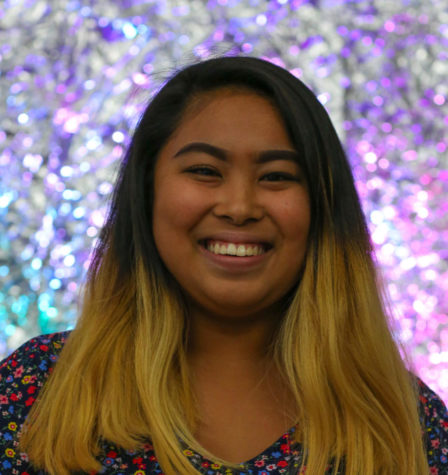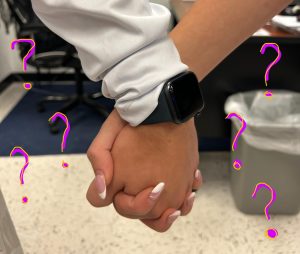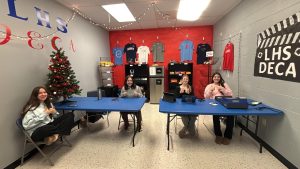How to Not Choose Neither
Liberty students express the importance of youth voting
November 16, 2016
The focal point of responsibilities of turning 18 begins with exercising our right to vote and this year, with our first seniors, Liberty students are doing just that.
Whether their focus be on the local government or the fight for the White House, freshly minted 18-year-olds are recognized as adults and can finally have the freedom to vote.
According to the Pew Research Center, in 2008, only 18 percent of eligible millennials casted their ballots, while the percentage declined in 2012, where 14 percent of young men and women voted. But in 2016, the young vote is predicted to have the greatest impact on this presidential election for there are around the same amount eligible youth voters as the Baby Boomer generation (born 1946-1964), which comprises roughly 31 percent of the electorate.
And when young voters are so critical to the election is when students choose not to vote because as of right now, Iowa holds the top spot for youth votes with Missouri not even landing a spot in the top twenty.
Many of Liberty’s own students feel unmotivated to vote because they are tentative of their impact on the current election, but senior Haley Sante feels otherwise.
“I think that it’s super important to get involved in this election because I don’t think people understand that this election determines the first eight years of your adulthood,” Sante said. Student’s timidness can lead to a shortage of local youth votes, leading to a potentially even lower rate of national votes overall, if many students in the nation are feeling the same way.
“I think it’s a civic duty because the Founding Fathers fought hard for us to have rights and it’s definitely not something to be taken for granted in my mind,” senior Nick McClanahan said on the importance of voting.
Not only do both Sante and McClanahan believe that voting is important, but they also both believe that their fellow peers can make their own decision when it comes down to the ballot.
“I believe it’s possible, but extremely unlikely,” Sante said. “If you come from a somewhat political family, I think that you are more likely to adopt their beliefs, while I think that other people will deviate from their parents’ beliefs and create their own. I think that’s really hard to come by.”
That tendency to adopt a parent’s beliefs is something called implicit bias, bias created by influences like social media and cultural tradition can make it difficult to make such an important decision. But in the end, those young voters are the ones checking the box off for either Clinton or Trump, not their parents.
“Even though there’s people like our parents, who have had experience and know the right way to do it, we set up our future,” McClanahan said, “It’s really up to us to be the most informed because if we’re not, nobody’s gonna lead us when they’re gone.”
And with the millennial generation predicted to soon be the largest eligible group of voters in the electorate, students are not only presented with the responsibility, but the opportunity to make a change in our country.








